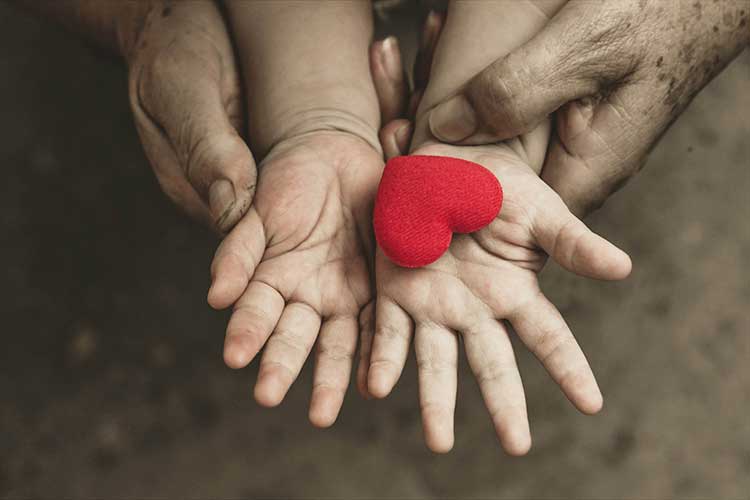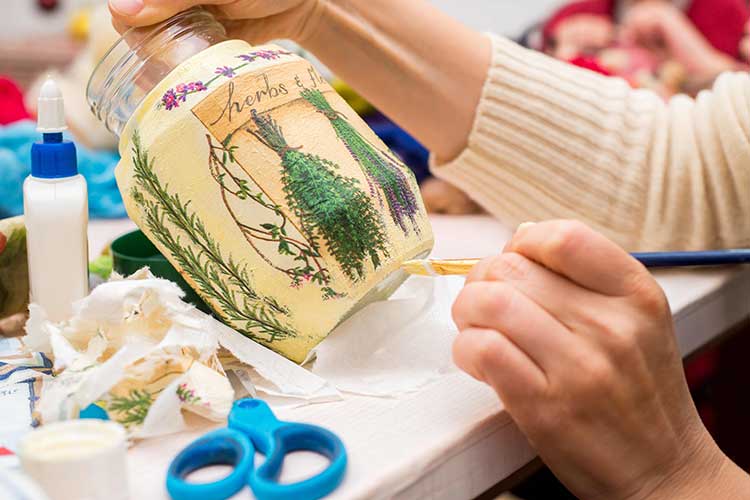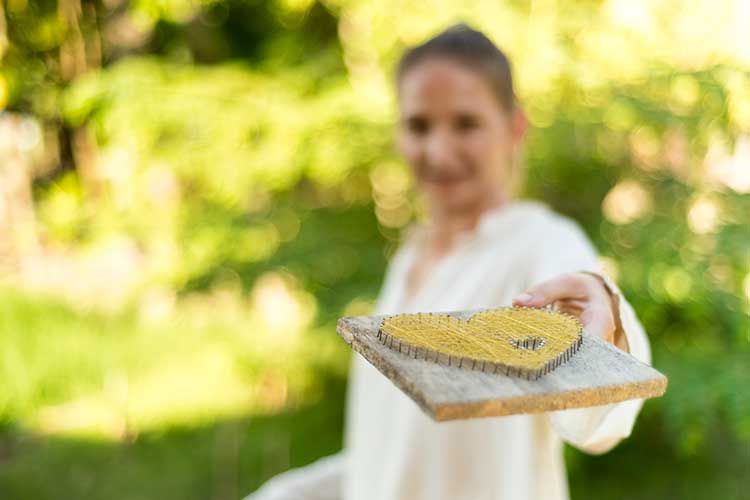Gift giving, rather gift selecting, is an art that not many have mastered. It is, apparently, a complicated chore, one that requires an understanding of the recipient’s personality, amongst a host of other parameters.
But could the complexities involved in selecting gifts have spawned the idea that it is not the gift but the thought behind it that counts?
Perhaps not, as the suggestion that one needs to be thoughtful has found global acceptance. Gift giving is seen as an act of strengthening relationships, of making someone feel special; it resonates all over the world and cuts across cultures and borders.
A thoughtful giver is one who has taken enough time to carefully consider the recipient’s personal interests, needs, wants, likes and dislikes when selecting the gift. It could be a card that simply says ‘you are in my thoughts’ or it could be a piece of expensive jewellery that the recipient was hankering for.

The thoughtful feature is easy to adopt when one is picking gifts for friends and family; but to realise the true essence of the phrase, it is important to ensure that it is thoughtfulness that has been the guide behind every gift purchased.
With a little perceptiveness and some creativity, you could get there…
Although there are no definite guidelines to pick the perfect gift, here are a few tips that could demonstrate your thoughtfulness while picking one.
Pay attention
Do not fall prey to the so-called ‘safe’ gifts, which signal your indifference and come across as an act of obligation. Also, do not buy something because YOU like it. The first rule of gift buying is observing. That means paying attention to what people who matter to you are saying and doing. Be perceptive to the hints they throw and work it around depending on your budget and your resources. Knowing their hobbies and interests could also act as a guide when going gift buying.

Understand the personality
When you have no clues to rely on, go by the recipient’s personality. Try and find a gift that matches their personality; it could be an item of fitness, a fashion accessory or simply a book that you think the recipient would love. If you are unsure, make a list of things that the recipient is interested in or get back in time to see if there is something you can replace in the receiver’s life.

Follow the occasion
Some occasions only require gifts that wish luck or are aimed at spreading good luck. It could be one of those ‘safe’ gifts, but not one that could be misinterpreted as a sign of obligation. Be creative and find ways to link the occasion with the needs or the recipient.

Find a cause
Picking a gift for a friend or a relative who has everything or has fewer or no desires can seem like an impossible task. But if he/she accepts that it is the thought that counts, find ways to choose a gift that supports a cause, either in his/her locality or globally. You could even make a donation to a charity in his/her name.

Do it yourself
Although spending money on a gift automatically increases the worth of the item for the recipient, making a gift yourself could have its own impact, especially if it is a close friend or a family member. The time, effort and the creativity you put into making the gift is demonstrative of your feelings for the person. If you are not a do-it-yourself person, you could write a letter, bake or cook food or even present a photo album with photographs that trace memories of the recipient.

Gift experience
If money is not an issue, you could pick an adventure trip or even a spa session, depending on the likes of the recipient. And if nothing helps, pick a shopping voucher from his/her favourite shopping mall.
Make time
The simplest gift you could give someone you love is your time. It could be time spent in helping a friend arrange a new home; taking an old friend out for a movie; paying a home visit to a senior with food and drinks; a foot massage; fixing a garden or attic… When you gift your expertise, it shouts out your care for the other person.
As Mother Theresa said, ‘It’s not how much we give but how much love we put into giving.’

